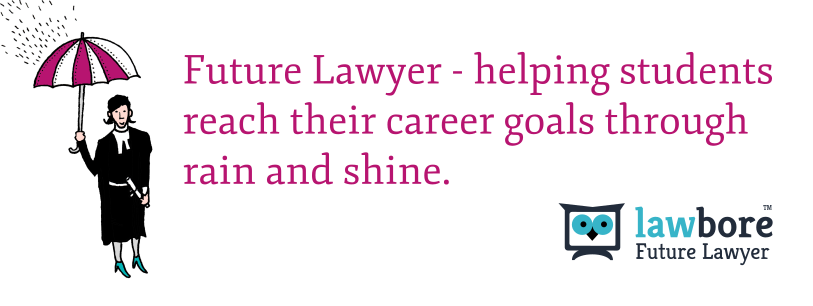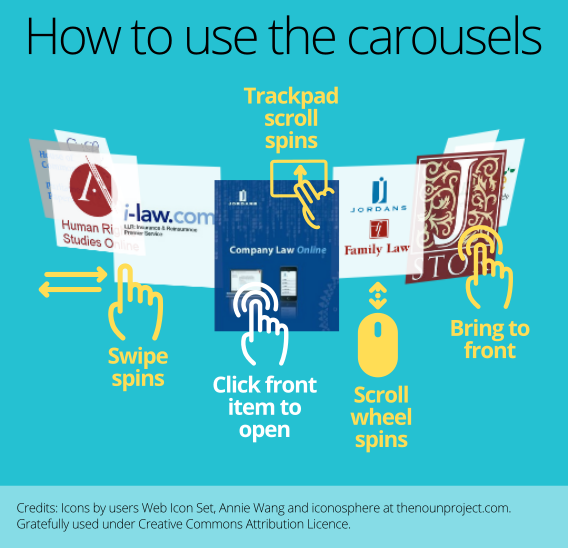The City Law School is firmly committed to a generous programme of scholarships awarded on the basis of academic excellence.
While the primary consideration for the award of a scholarship is academic excellence, The City Law School's Scholarships Committee looks carefully at the full range of qualities possessed by each individual closely considers the broader context in which the academic excellence has been achieved.
We also believe that it is important to value the potential of applicants to make a positive contribution to the School, the legal professions, and the community when we evaluate applications.
Up to 100 awards available to students on postgraduate and professional programmes at City Law School. The value of award varies depending on the programme of study:
- £5,000 for the suite of specialist LLM programmes
- £3,000 to £4,000 for the Bar Vocational Studies (BVS) depending on the route of study
- £3,000 for Graduate Entry LLB or Solicitor's Practice Programme (SPP)
- £2,000 for Graduate Diploma in Law (GDL).
Eligibility
- You must have an upper second or first degree (or international equivalent).
- You must hold an offer of a place on one of the courses specified above at The City Law School. The offer can be conditional or unconditional and you do not need to have accepted your place in order to apply for a scholarship.
- You can be of any fee paying status (Home, or international) and be studying full-time or part-time. On part time programmes do note scholarships are split across the 2 years of study (so 50% of the award is applied in year 1 and 50% in year 2).
Please note, students who gain exemptions from modules on the Graduate Diploma in Law programme are not eligible for this scholarship. If you move onto the exemption version of programme the scholarship will no longer be valid.
If you are applying for the Graduate Entry LLB, the scholarship application is only available to those who hold an offer of a place on the UCAS web portal.
Eligible courses
How to apply
Students with an offer for the BVS or SPP will be able to apply for a scholarship from November. You will receive a specific deadline to apply for an award when you are made an offer.
Offer holders on the GELLB, GDL and LLM programmes will not be contacted to apply for scholarship, however you are welcome to apply once you have been made an offer and before the deadlines set out below.
Students should submit one application that will be considered for both the City Law School Dean’s Scholarship for Academic Excellence and the City Law School Scholarship for Academic Excellence.
NOTE: If a BVS or SPP student has been awarded a City Law School Scholarship for Academic Excellence earlier in the year, they will be considered for an upgrade to City Law School Dean’s Scholarship for Academic Excellence in June.
Students awarded a City Law School Scholarship for Academic Excellence are not also eligible for the award of either the BVS Scholarship or the SPP Scholarship. You will receive only the highest value award.
Application deadlines
- BVS & SPP
- Please check your offer email to confirm the application deadline
- Graduate Entry LLB
- Graduate Diploma in Law (GDL)
- LLM (Master of Laws)
- 10 November 2025 (January 2026 intake only)
- 15 June 2026 (for September 2026 intake only)
The deadline for applications is Monday 11th May 2026.
You can also find further information online (external link).










